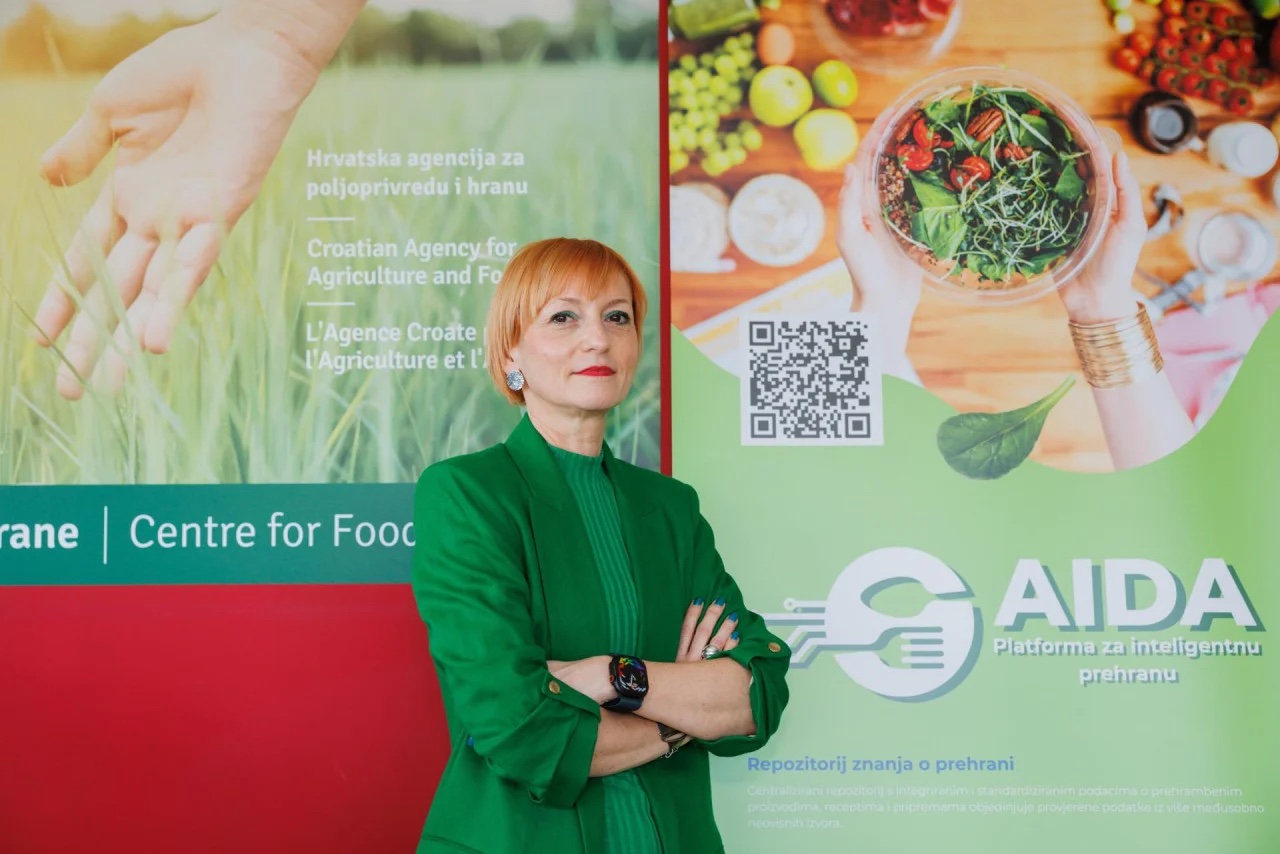Entrepreneurial Education Post-School – one of GEM’s entrepreneurial framework conditions – refers to colleges and universities offering courses that equip students with the skills to start and grow a business. This educational experience is greatly enhanced when students learn from academics who bring real-world entrepreneurial experience into the classroom.
Nataša Šarlija, a finance professor at Croatia’s J. J. Strossmayer University in Osijek and a member of the GEM Croatia National Team, provides this perspective to her students. Two decades after completing a PhD on credit-risk modelling, she now straddles two domains: shaping future researchers in lecture halls and steering Alpha Score, a 13-person company that transforms data science into AI-powered risk-assessment tools.
Turning equations into a business
Šarlija’s “aha” moment came when she built her doctoral scoring model for small-business creditworthiness. She realised historical financial data could do more than describe the past; they could predict the future. Armed with a government research grant, she and a partner launched Alpha Score in 2003.
Early outreach to Croatian banks was humbling. “We’d knock, present the model, and leave without a follow-up call,” she recalls.
Persistence – and plenty of plain-language storytelling – eventually paid off. The firm secured its first contract in 2005, opening the door to a steady stream of analytics work.
“Looking back, it was a mix of passion, curiosity, and probably just enough stubbornness to push through,” she said. “I’m glad we did it that way – there’s something incredibly satisfying about seeing your research come to life in the real world.”
Custom software projects helped the company survive Croatia’s challenging financing environment while Šarlija refined new products. Today, the venture has developed AI-driven solutions in areas such as education, nutrition, risk assessment, and finance. Looking ahead, Alpha Score aims to move from “AI as a tool” to building products that are fully grounded in AI, scalable, and capable of creating lasting value.
Bridging the gap between academic research and entrepreneurship
One of Šarlija’s missions is to normalise the idea that a researcher can be an entrepreneur.
Many universities don't have specific guidelines and frameworks for promoting academic entrepreneurship. Knowledge transfer can be viewed as a lofty aspiration rather than a structured mission. Teaching loads and research quotas leave little flexibility for commercialisation, and policies on IP sharing or workload allocation remain vague.
“Academic entrepreneurship is something you have to carve out on your own – quietly, persistently, and often without any roadmap. And despite all that, or maybe because of it, I’ve come to really value the freedom that comes with bridging those two worlds.”
Inside J. J. Strossmayer University, colleagues mostly know Šarlija as “the woman of numbers.” Few realise she manages payroll, client pitches, and product roadmaps after office hours.
“Universities everywhere need to consider a new social contract which includes three missions: research, education, and serving the community,” she said. “Entrepreneurship can connect to all three.”
As a co-instructor, she uses GEM data in the interdisciplinary doctoral programme, Entrepreneurship & Innovativeness.
She concluded: “As an educator, it is our duty to equip future professionals with the mindset and tools to think analytically, make evidence-based decisions, and understand risk not as something to fear, but something to manage.”

